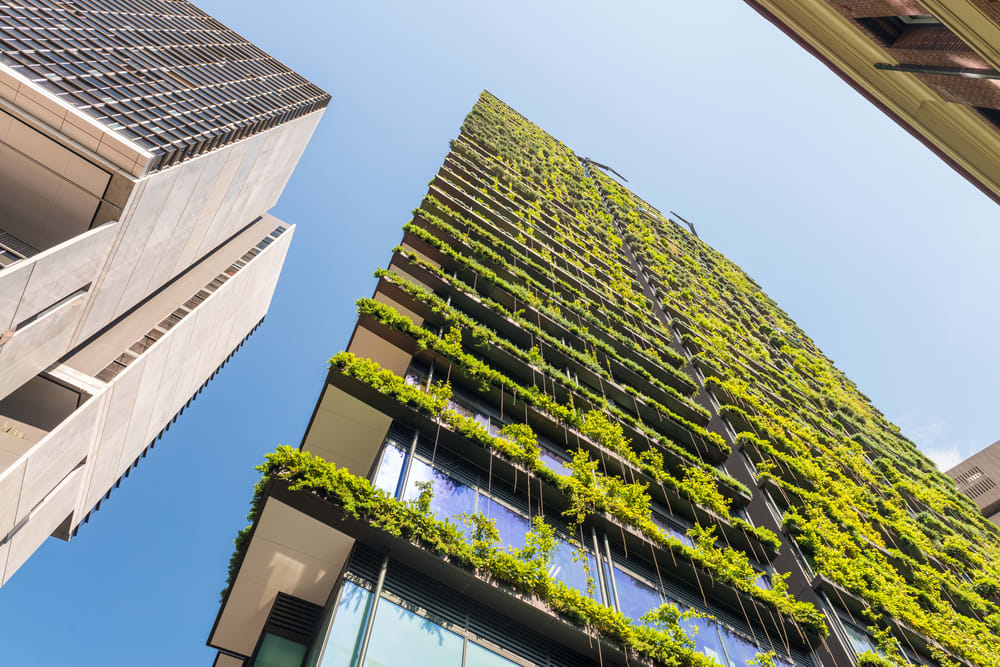Property industry to play a pivotal role in the race to net zero, says Property Council
The Property Council of Australia has announced the important role the property industry will play in achieving net zero as NSW decarbonises its economy.
NSW director Luke Achterstraat said as NSW invests $4.8 million in speeding up the transformation of the state’s built environment towards net zero emissions, buildings can provide some of the least cost abatement opportunities in the economy.
“Accelerating Australia’s transition to sustainable housing could both protect the home building sector, as well as spur growth in delivering more than half a billion dollars of additional investment in the construction industry by 2030 and create over 7,000 new jobs,” Achterstraat said.
Effectively, this would also save Australians $600 million on their energy bills.
According to the Property Council, upgrading the energy efficiency of Australia’s commercial buildings would not only stimulate economic activity through inputs of local labour, it would also deliver an estimated $12 billion in energy savings between 2016 and 2030.
“Since efficient buildings are also healthier and more productive, gains in staff productivity are likely to dwarf the benefits in energy savings.”
According to the Australian Renewable Energy Agency (ARENA), buildings account for more than half of the nation’s electricity consumption and are a major driver of ‘peak demand’.
An additional 2019 study revealed that the construction, operation and maintenance of buildings account for almost a quarter of greenhouse gas emissions in Australia.
“We encourage the NSW State Government to leverage the unique opportunity the built environment offers to dramatically reduce carbon emissions in highly cost effective ways that will also stimulate the economy,” Achterstraat said.
“As Australia heads towards a low emissions economy, governments must provide a clear pathway of policies that give certainty to industry and create economic opportunities for Australian businesses.”
Other key industry bodies, including the Green Building Council of Australia (GBCA), are also encouraging the government to make use of the largely untapped emissions reduction opportunities available within the sector.
GBCA CEO Davina Rooney Australia’s property sector is already leading the way in carbon reduction and making commitments at COP26 can help the Australian Government build on this work.
Facilitating the transition of Australia’s building sector towards an economy for the future is critical in improving and sustaining the future liveability, productivity and sustainability of our communities and cities.
Achterstraat concluded: “With the right policy frameworks in place, we can minimise the costs of a transition to net zero emissions and create economic opportunities across all parts of industry, from sole traders and homeowners to large businesses.”
